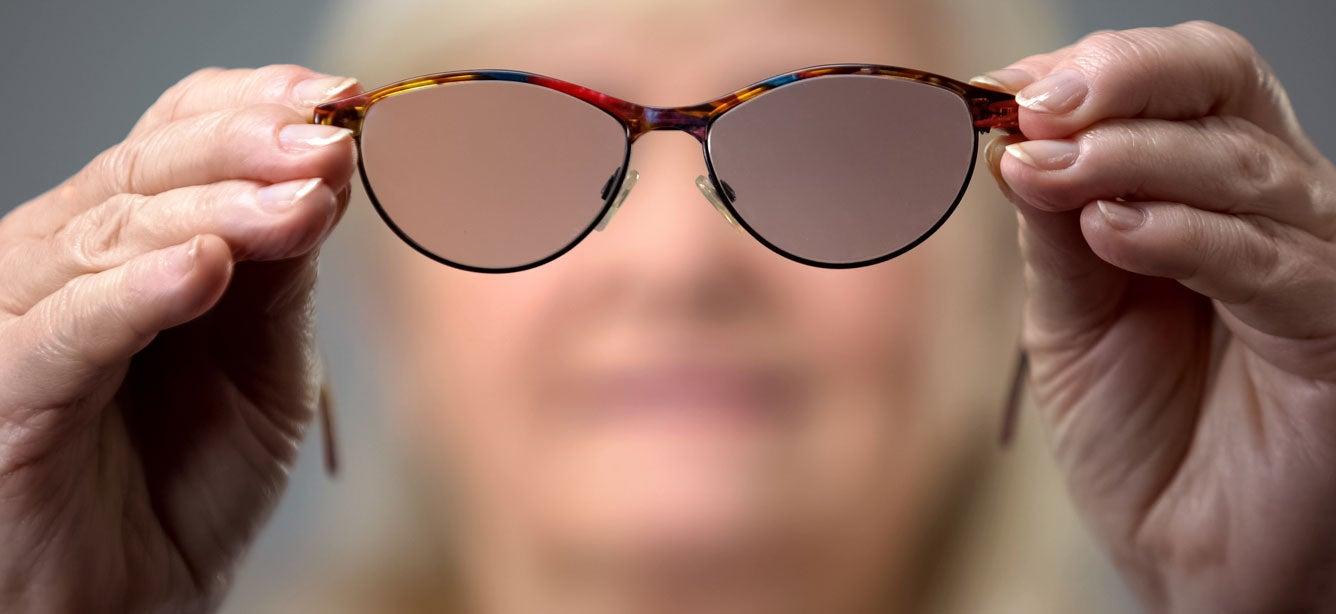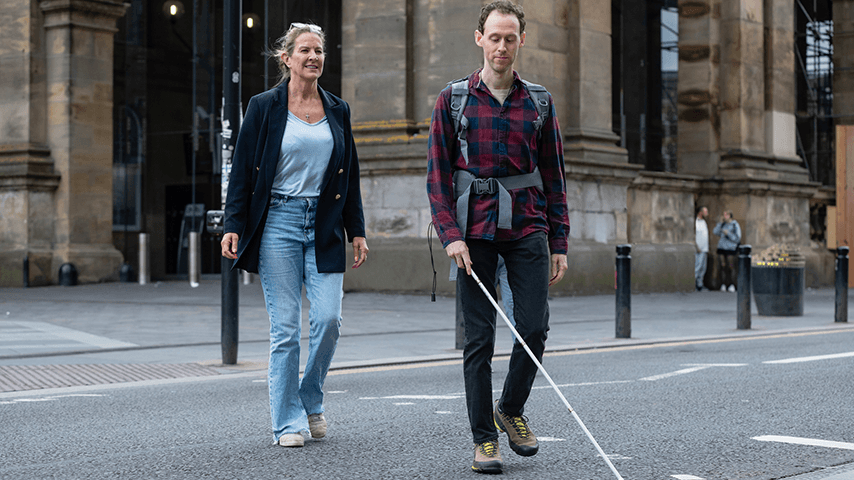
Related Topics
Vision impairments of all kinds can be a challenge that worsen with age. Many people find that low vision can make everyday tasks more difficult, however, there are steps you can take to protect your vision, detect problems early, and maximize use of limited vision.
Get regular dilated eye exams
It’s important to have comprehensive dilated eye exams on a regular basis and discuss your family history of eye conditions with your health care provider. These exams can help determine whether you could see better with glasses or contact lenses. They can also detect common eye diseases in the early stages before you experience any symptoms, like glaucoma, diabetic eye disease, and age-related macular degeneration.
Maximize your limited vision and get help managing vision loss
Every U.S. state and territory offers free or low-cost services to help individuals adjust to vision loss.
These free or low-cost services can help regain your independence through tools, technology, and training.
Visit the Time To Be Bold campaign to find services near you. If you prefer to talk to by phone, call the American Printing House Connect Center toll-free helpline at 1-800-232-5463.
- Learn to use magnifiers and other technology for reading printed materials
- Get training to use accessibility features or assistance software on computers and smartphones
- Learn techniques to stay safe and organized in the home
- Get tips to travel safely and confidently in your community
- Connect with others experiencing vision loss
- Learn about other programs specific to vision loss
Time To Be Bold is a national public service awareness campaign through the Older Individuals who are Blind Technical Assistance Center at the National Research and Training Center on Blindness and Low Vision.
Manage common risk factors
There are many lifestyle factors that can protect your eyes and prevent common problems.
- Stop smoking as early as possible
- Stay physically active
- Closely manage chronic conditions like high blood pressure, heart disease, or diabetes
- Wear protective eyewear to block damaging UV-A and UV-B rays from the sun and when there is a risk of eye injury


